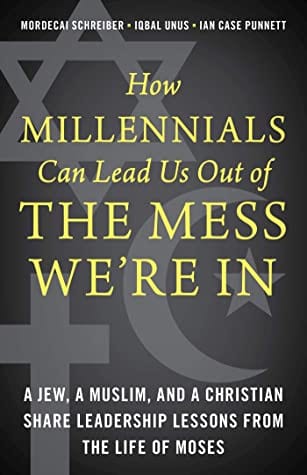This pandemic has exposed a lot of things, one of which is a division in society between those who take science seriously, and those who don’t.
Trump’s recent suggestion that Americans might be saved from the Coronavirus with an injection of disinfectant was both ludicrous and dangerous, but it yet again exposed the breach–this time with bleach.
Popular evangelical Christianity, so crucial to Trump’s election, is not known for a deep respect for science. Young earth creationism, the brain child of fundamentalist religion, often pretends to be scientific, but in principle affirms “biblical authority” over scientific explanations – when push comes to shove, science must bend the knee to the god of biblical literalism.
Ian Barbour’s influential model of how science and religion often relate to each other is useful to a degree (every typology has its limits of use). Conflict, Independence, Dialogue, and Integration. The populist Christian fundamentalist attitude often looks a lot like the “Conflict” approach. Religion vs. Science, Creation vs. Evolution, Jesus vs. Darwin–that sort of thing. See Barbour’s classic Religion and Science: Historical and Contemporary Issues, for a thorough explanation of the model.
In 1979, Jean Francois-Lyotard noted that western society was entering the Postmodern Condition, a state in which discrete communities of knowledge would hardly be able to talk to each other. Facts would be “facts,” not facts, because interpretations of reality and data would differ so drastically. Truth would be relative, tradition-dependent, and so on.
A tendency of a postmodern-shaped mind is to be thoroughly distrusting of any claim to objectivity or to absolute truth – to reject the “totalizing narrative,” or the “metanarrative,” such that science itself can be so thoroughly questioned, that astronomy has hardly more value than astrology. Everything is perspective!
I’m exaggerating for effect, but this shift to emphasizing perspectives and to critiquing the power-dyamics of the knowledge-industry has had some profound consequences. We are reticent to speak of “truth” or “facts” or objectivity, for fear of being called old-school modernists.
It’s been said many times before, but the election of Trump has underscored the extent to which a populist postmodernism (which, to be fair, is a perverse version of academic postmodernism) has overtaken us–to society’s detriment.
In his 1998 book, Duet or Dual: Theology and Science in a Postmodern World, Wentzel van Huysteen argued that in the postmodern context, the relation between science and religion functions best when approach as a duet rather than as a duel. Rather than give in to the postmodern temptation to reduce everything to perspective, or to be lazy about truth-seeking and fact-finding, we could adopt a critical-realistic framework, striving toward objectivity, truth, meaning, and values with the distinctive resources of science and theology in tandem–as a duet.
As he puts it,
Only a theology that takes contemporary science completely seriously will have the ability to develop this kind of complementary view (cf. Watts 1998) between theology and science. It is here that the elusive duet between science and religion finally becomes a reality in the interdisciplinary space created by a postfoundationalist evolutionary epistemology. In this duet theology does not succumb to an allegedly superior natural scientific rationality, and it also does not retreat to the esoteric safe haven of a unique religious rationality. In this exciting duet with science, theology retains its intellectual integrity as a discipline precisely by maintaining its uniquely religious viewpoint in interreligious discussion (160-161).
In this time, when so much has been and is being exposed, we need religious leaders, theologians, pastors, who take science seriously and who lead others in doing the same. We need religious leaders who can play together with science, as in a duet.













